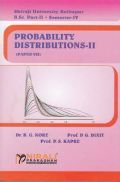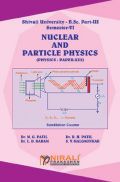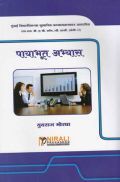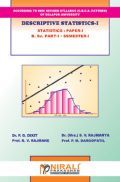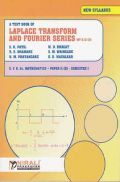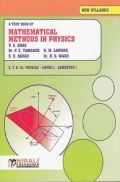Introduction To Physical Geography - II (Geography Of Atmosphere And Hydrosphere) by Prof. Dr. Sunil Y. Narke, Prof. Dr. Pandurang Y. Thombare
Book Summary:
It is a matter of great pleasure for us to present this book to our esteemed readers. This book has been designed as standard text on ‘Geography of Atmosphere and Hydrosphere (Paper-II)’ for F.Y.B.Sc. (Geography) (Sem. - I).
This book comprehensively covers the entire syllabus of F.Y.B.Sc. (Geography) Course of Savitribai Phule Pune University effective from 2019 onwards. It has been written to meet the requirements of students of F.Y.B.Sc. (Geography)
Audience of the Book :
This book Useful for B.Sc. Students.
Salient Features:
1. Full coverage of the revised syllabus of F.Y.B.Sc. (Geography).
2. Chapter outline at the beginning of each chapter to give a bird’s eye view of the topics covered in the chapter.
3. Point wise explanation of each topic in the chapter.
4. Topics are logically arranged in numbered paragraphs exactly according to
the modified syllabus.
5. Proposed questions at the end of each chapter.
6. Extensive use of diagrams, tables and various forms to give visual view of
key concepts and techniques.
7. Conversational, lucid and simple language.
Every effort has been made to provide the readers with most up-to-date and
authentic material on the subject.
Table of Content:
1. Introduction to the Atmosphere
2. Insolation
3. Atmospheric Pressure and Wind System
4. Introduction to the Hydrosphere









